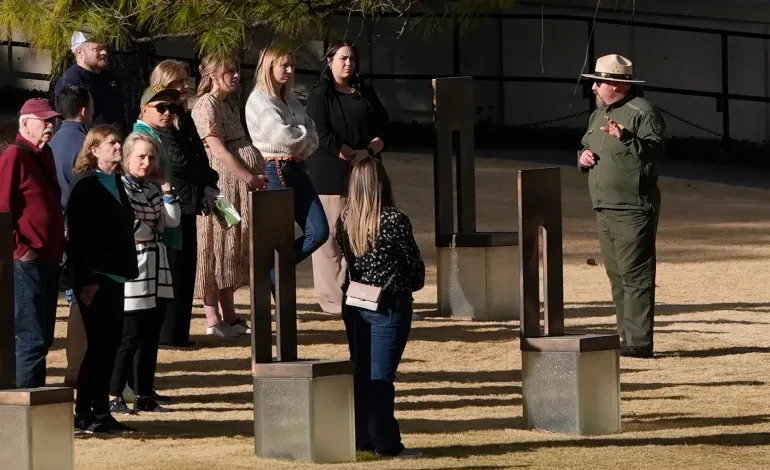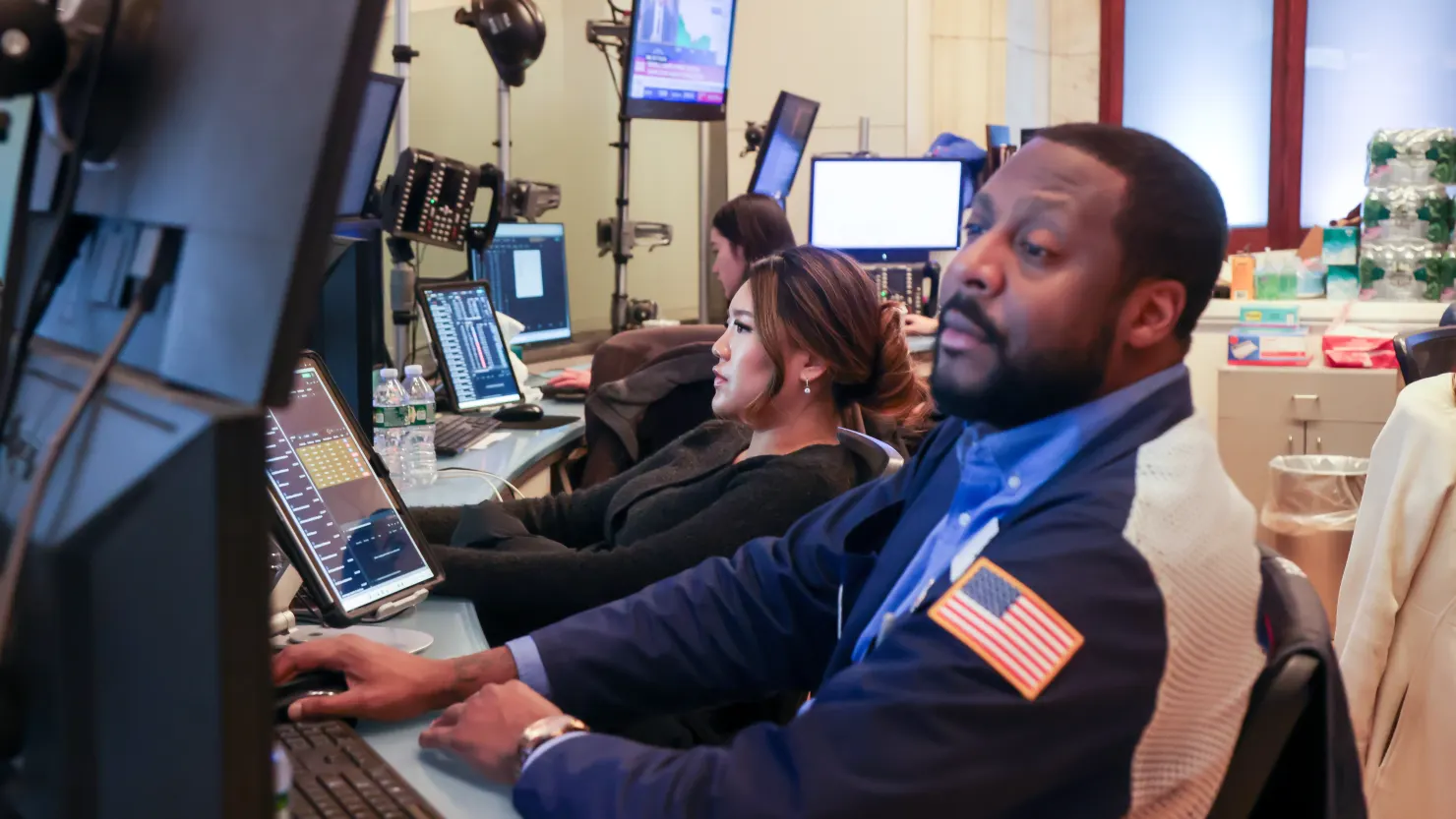Federal Employees Can Now Preach at Work — Even Bosses, Says New Trump-Era Memo

In a move that’s already sparking major controversy, U.S. federal workers, supervisors included, have been officially greenlit to talk religion at work and even try to convert their coworkers, so long as it’s not deemed “harassment.”
The memo, sent out Monday by Scott Kuper, director of the U.S. Office of Personnel Management, frames the policy shift as a step toward protecting religious freedom in the federal workplace — part of President Donald Trump’s broader campaign to prioritize Christian values in American public life.
And this isn’t just about wearing a cross or praying quietly on your break. The directive explicitly says federal employees can “attempt to persuade others of the correctness of their own religious views,” including encouraging colleagues to join in prayer, as long as they don’t cross the line into pressure or harassment.
Even bosses can get in on it.
“The constitutional rights of supervisors to engage in such conversations should not be distinguished from non-supervisory employees,” the memo reads, though it does clarify that workers who opt out of religious conversations can’t be penalized for doing so.
Critics, however, see something much different: another step in blurring the lines between church and state — and yet another example of how Trump-era policy often favored Christianity over other beliefs.
The policy allows religious expression in nearly all settings — not just behind closed doors or during breaks. It even goes as far as to say that religious comments made during official duties aren’t necessarily unconstitutional. One example? A national park ranger praying with a tour group. Another? A VA doctor praying over a patient.
The memo lands in the context of several other Trump-backed religious initiatives. In February, Trump announced a Task Force to Eradicate Anti-Christian Bias. A few months later, he launched a “Religious Liberty Commission” — whose official materials, notably, only referenced Christianity, despite talk of religious pluralism.
And Trump hasn’t exactly been subtle. At a Rose Garden event last year, he openly questioned the value of the church-state divide.
“Separation? Is that a good thing or a bad thing?” he mused. “I’m not sure.” He then added, “We’re bringing religion back to our country.”
The new directive is already drawing heat from civil rights groups, who warn it could open the door to proselytizing at work, and discrimination against employees of minority faiths, or no faith at all.
One thing’s clear: the line between religious freedom and religious pressure just got a lot murkier.
With input from Al Jazeera









The latest news in your social feeds
Subscribe to our social media platforms to stay tuned